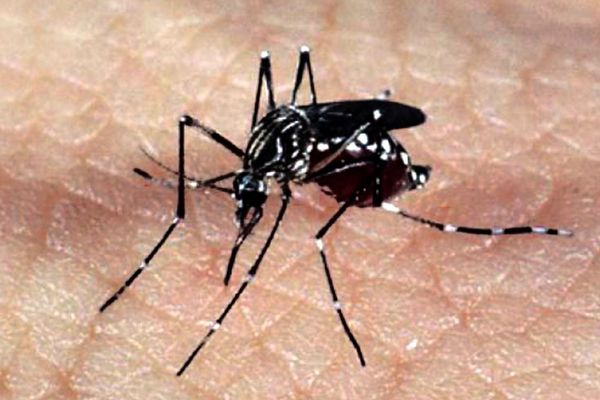[ad_1]

Today, Espírito Santo faces at least three major health battles: Dengue, Chikungunya, and Covid-19. The first two diseases, caused by the Aedes aegypti mosquito, registered an explosion of cases in 2020, while the last one came to the state this year with the circulation of the new coronavirus, which required changes in assistance policies, more investments in personnel and equipment.
In the 15th dengue epidemiological bulletin, from the end of December to April 11, 2020, there were 27,570 suspected cases in Espírito Santo, with a rate of 686.05 per 100,000 inhabitants. The municipalities with the highest incidence are in the North Region, but Vitória appears in fourth place in the ranking. In those 15 weeks, there were six deaths. In the same period evaluated in 2019, there were 20,885 records of the disease, and a rate of 525.75. Last year, however, two more people died, totaling eight deaths.
Although dengue grew 32% from year to year, the increase in chikungunya cases was even more significant. In the 15th bulletin of 2019 there were 489 notifications of the disease and, in 2020, it jumped to 8,138 records and one death. Over 1,500% increase.
Covid-19 comes in a more overwhelming way. The number of confirmations is less than dengue and chikungunya, but the mortality rate has been shown to be high. In just over a month since the first case was confirmed in Espírito Santo, on March 5, the State Health Department (Sesa) reported 952 cases and 28 deaths until Friday afternoon (17).
FOCUS
The Undersecretary of Health Surveillance of Sesa, Luiz Carlos Reblin, considers the number of dengue and chikungunya to be worrisome, and points out that 80% of the outbreaks of the mosquito that transmits the two diseases and also of Zika, today with a lower incidence, are found in homes.
“The population could take advantage of this moment of social isolation and see if the spaces where they live do not harbor mosquitoes, and clean up,” he recommends.
Some of the symptoms are similar to those of Covid-19, such as fever and body pain. In the case of high temperatures, Reblin advises people to hydrate a lot and find the closest health unit to their home for evaluation. The undersecretary says that due to the new coronavirus pandemic, units have suspended elective appointments and therefore access to a professional may occur more quickly.
When asked if the increased demand due to dengue and chikungunya could interfere with the care of patients with Covid-19, Reblin believes that there will be no impact because the assistance for diseases caused by mosquitoes is concentrated in the municipalities and not all patients need beds. hospitals
In any case, the undersecretary emphasizes that no one should neglect attention to avoid the spread of the transmitting mosquito, nor the measures to contain the spread of the coronavirus in the State, especially social distance. Although the health system can provide the necessary assistance today, it has a capacity limit.